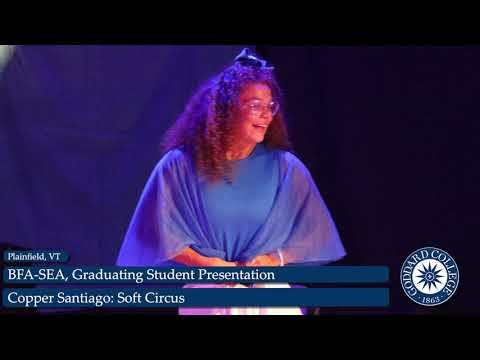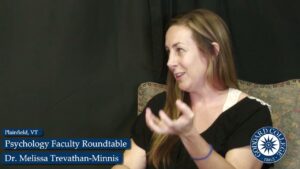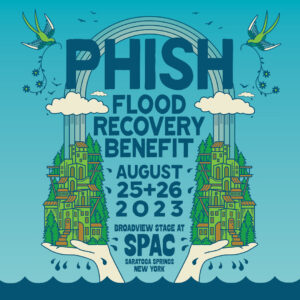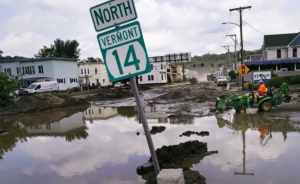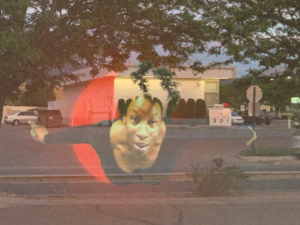
Learner-driven models of education are becoming more mainstream.
by Bernard Bull
People often tell me that at one point in their lives they wanted to be a teacher.
Well, what happened?
Usually, I find that their reasons for not pursuing education came from a limited view of what was available and possible in education. Or else they thought they missed their chance.
If you have an impulse to work in education, to be part of the growth and transformation of other people, there is a good chance that there is an educational community out there for you.
Or, if one doesn’t exist, perhaps you are the one who is meant to bring it into existence.
For almost two decades, I’ve had the privilege to visit, study, and learn from different types of schools all over the world: project-based learning schools, STEM academies, self-directed learning schools, personalized learning schools, place-based learning schools, democratic schools, classical education schools, and game-based learning communities. I’ve been inspired and even moved to tears by the deep, rich, authentic learning communities that exist today.
Yet, what all of this experience tells me is that there is inspiring work happening in the field of education right now.
The modern education landscape is a wonderfully diverse ecosystem. In the past, when people thought of becoming an education leader or teacher, there was only one known and well-recognized pathway. While there have always been the few and rare exceptions to the traditional school and classroom, they were hard to find, and most people knew little about them.
Today, what was once called the alternative education movement in education is becoming increasingly common and mainstream.
Schools are embracing student-centered approaches to learning. There are project-based schools and schools where students spend most or all of their time in nature rather than in a traditional classroom. There are schools where students co-create the rules and develop their own learning plans. Some schools have abandoned the letter grade system for forms of feedback that are more authentic, representing the type of real and personal mentoring that leads to personal growth and transformation. While standardized testing is alive and well in schools, there are also places where the use of tests is minimized or removed, again opting for more real-world forms of tracking and supporting student learning.
Education today is more diverse than ever, and there are places for students, leaders, and teachers of every stripe.
I am inspired by the students that I meet in the Goddard College education degree programs, some of whom are already teachers, coming back to deepen their expertise in an area, or to get support as they venture into becoming a founder of a new school or educational program. You can read about many of them in the Goddard College blog.
These are indeed exciting and important times in education, because the future is yet to be created.
Are you ready to be inspired to create an authentic, hopeful, and transformational educational ecosystem? What’s keeping you from pursuing your vision of an innovative educational model, theory, or practice?
Find out how Goddard’s low-residency learning community can bring your vision of transformational education experiences to life. Learn more about Goddard’s unique program offerings for BA and MA degrees in Education.

